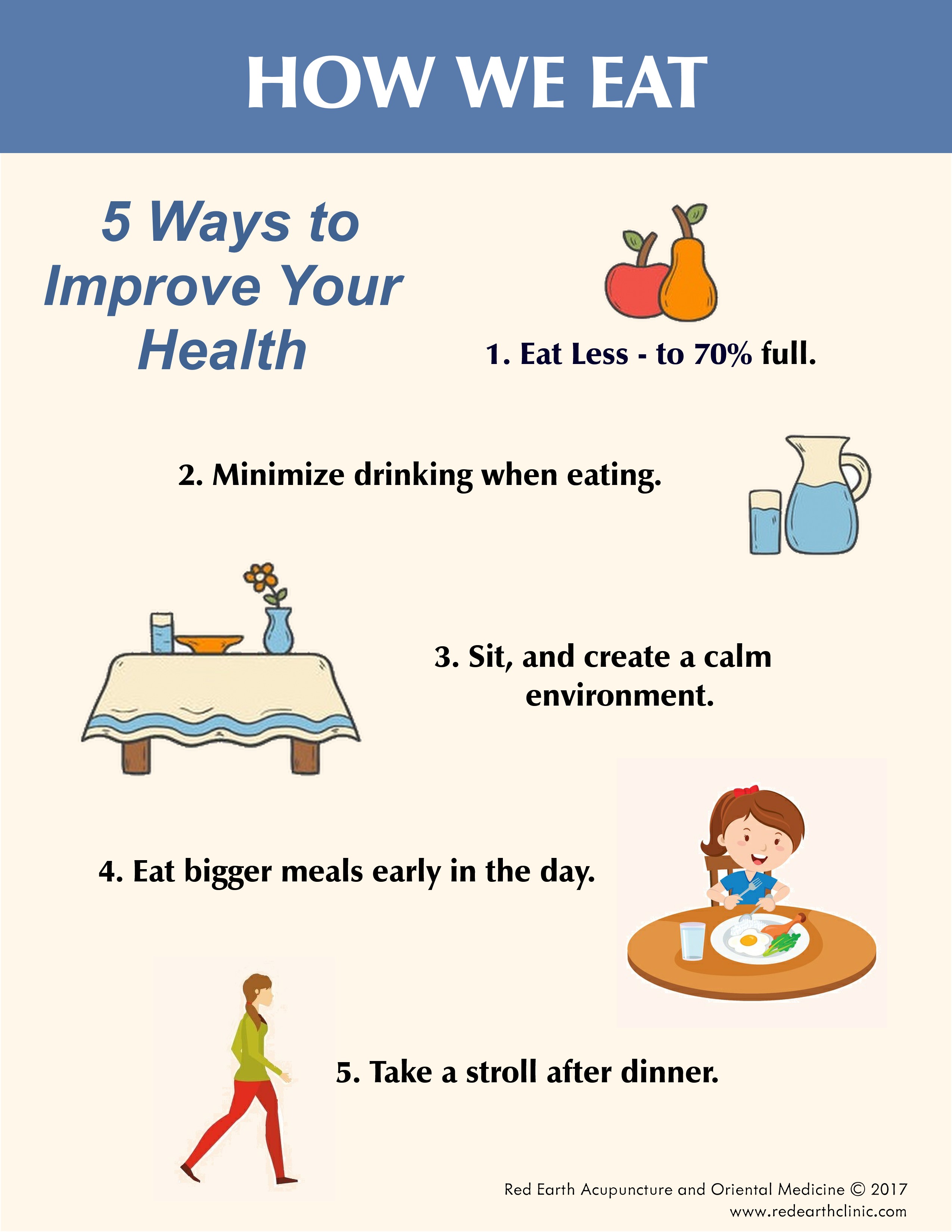Short Article Developed By-Ivey Livingston
When navigating the worlds of healthcare, the aberration in between acupuncture and conventional medication can be compared to 2 distinct paths causing the exact same destination. Each method offers one-of-a-kind techniques and approaches, catering to diverse preferences and requirements.
Nonetheless, a much deeper exploration right into their approaches, performance, and considerations in picking in between the two reveals intriguing insights that may test your current perceptions and choices in healthcare.
Key Differences In Between Acupuncture and Conventional Medication
When contrasting acupuncture to conventional medication, it's vital to comprehend the vital distinctions between both approaches. Acupuncture, a component of traditional Chinese medication, involves the insertion of slim needles into particular factors on the body to stimulate power circulation and advertise healing.
On the other hand, typical medication commonly relies on pharmaceuticals and medical interventions to deal with ailments and conditions. Acupuncture areas emphasis on bring back the body's balance and circulation of energy, called qi, while typical medication frequently concentrates on sign management.
Additionally, acupuncture views the body as interconnected, with interruptions in one location affecting the whole system, whereas conventional medicine tends to attend to specific signs or conditions separately. Comprehending these basic distinctions can aid you make informed decisions regarding your health and treatment options.
Efficiency of Acupuncture and Typical Medication
Acupuncture and traditional medicine differ in their performance in treating various wellness conditions. Acupuncture is known to be especially effective in managing pain, migraines, and nausea. It can also assist with conditions like sleeping disorders, anxiousness, and depression.
Traditional medicine, on the other hand, has been shown reliable in dealing with a large range of health and wellness concerns, including infections, persistent diseases, and nutritional shortages.
While acupuncture concentrates on restoring the body's power circulation, traditional medication often relies on drugs and medical interventions. The efficiency of each technique might rely on the certain health and wellness condition being treated, as well as individual choices and beliefs.
It's essential to take into consideration these aspects when choosing one of the most appropriate therapy option for your wellness requirements.
Aspects to Consider When Selecting In Between Acupuncture and Conventional Medication
Taking into consideration variables such as your particular wellness problem, personal choices, and ideas can direct you in selecting in between acupuncture and standard medicine.
First, examine your wellness needs; acupuncture is typically preferred for managing pain and stress-related conditions, while standard medicine may be more suitable for severe illnesses requiring instant intervention.
Second, think about your comfort level with therapy approaches; acupuncture entails needles and holistic practices, whereas conventional medicine commonly consists of medicines and surgeries.
Last but not least, consider your beliefs about medical care; if you value all-natural remedies and personalized care, acupuncture may align far better with your mindset.
look at these guys , selecting between acupuncture and standard medicine is like choosing between complying with a map or trusting your instinct to navigate via life's challenges. Both choices have their staminas and limitations, so it is very important to consider your individual demands and choices.
Whether you choose the precision of acupuncture's targeted strategy or the comprehensive care of typical medication, the most important thing is to locate a course that resonates with you.

UNDER MAINTENANCE

